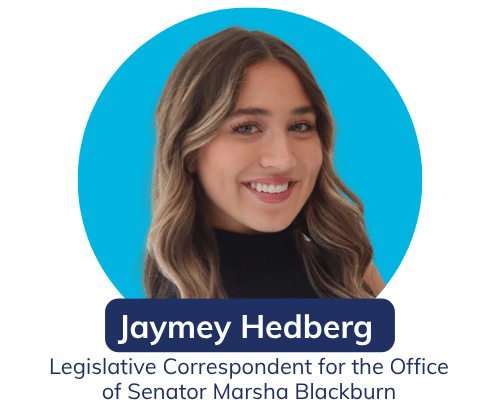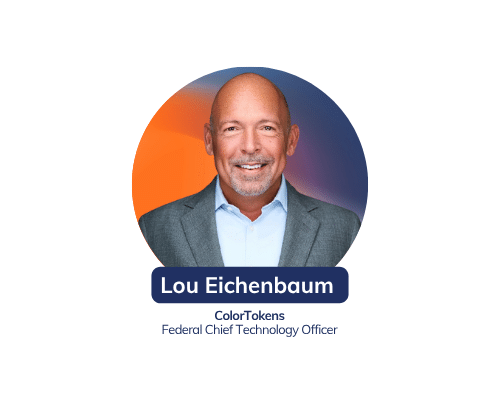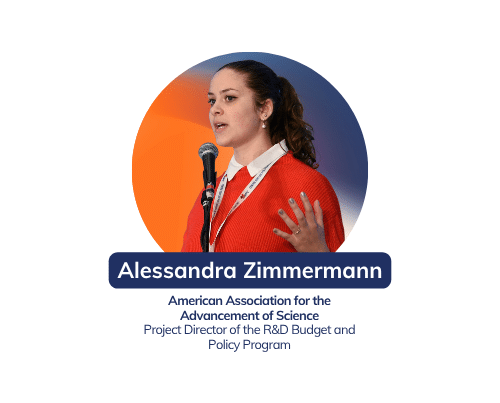Elizabeth Anne (Townsend) Edwards is a Tribal Liaison to the Muscogee Nation, with a career deeply rooted in service to her Tribe. Her path has taken her through roles in childcare, cultural preservation, and health advocacy, and her passion for bridging traditional practices with modern governance structures is clear. In this interview, Anne shares her journey, her insights on leadership, and the lessons she’s learned along the way.
Takeaways:
- Successfully navigating modern systems while respecting traditional practices requires a thoughtful, balanced approach.
- A key aspect of leadership is continuously learning from both personal experiences and from the wisdom of others.
- Maintaining outreach and connection to people, regardless of geographical distance, is crucial in building lasting relationships and community ties.

Can you tell me about your career path that has led you to where you are now?
My career started with various jobs within my Tribe—working in childcare, Head Start, and as a patient advocate in our health system. I later moved into victim advocacy with our Family Violence Prevention Program. Eventually, I transitioned into a role in our cultural preservation department, where I did cell tower reviews.
It was during that time in cultural preservation that I realized I wanted to do more, but my education was holding me back. I decided to enroll in school, earning my first degree from Muscogee Nation College in Tribal Services. Then I went on to get another degree in Preprofessional Studies from Oklahoma State University Institute of Technology, and finally, a bachelor’s in organizational leadership. Now, as the Tribal Liaison, I can apply all of these experiences to the outreach work I do for Muscogee citizens outside of Oklahoma.
How did you become passionate about the intersection of tech, government, and tribal communities, and how do you stay informed and engaged in those areas?
My passion for these areas grew from my experience in cultural preservation and technology, like the work I did reviewing cell towers. Technology, in my view, has a major role in connecting government and Tribal communities—especially as many citizens live outside of our traditional territories. I stay engaged by constantly learning, listening, and staying active in conversations with others in similar roles. It’s important to stay on top of technological changes and government policies so that we can make sure they align with our values as Tribal nations.
What do you believe sets Tribal Government Relations apart as a unique work environment, and how do you navigate its challenges in your everyday work?
Tribal Government Relations is distinct because it’s built on our cultural values and history. We’re working within a system that honors traditional ways of governance but must also interact with modern systems. The balance can be tricky. I navigate this by maintaining a strong connection to our elders and our cultural practices while also staying educated on government regulations and policies. For me, it’s about being flexible and listening to both sides—our community and the broader systems we work within.
Describe a challenging or rewarding project that significantly influenced your growth as a professional. How did you handle the challenge, and what did you learn from the experience?
One of the most rewarding projects I worked on was organizing an outreach event for Muscogee citizens in California. It was a huge challenge because we were trying to engage citizens who had been disconnected from the Tribe for years, many of whom had never been to Oklahoma. The logistics were complex finding a venue, communicating with people across the country, and making sure the event honored our traditions. But seeing the turnout and the emotional connection that people felt reminded me of why I do this work. I learned that even though our citizens may live far from home, they still have a deep love for the Nation. It reinforced for me the importance of outreach and maintaining that connection.
What advice would you give to someone navigating how to bridge the gap between traditional practices and modern governance structures?
I would say, always start with listening. Our traditional practices are based on centuries of wisdom, and they have a place in today’s governance if we’re thoughtful about it. My advice is to approach modern governance with a mindset of balance—understand that while we need to work within modern systems, we can still honor our traditions. It’s about making sure that both can coexist and benefit from each other.
Word Association, what is the first word that comes to mind for each of there?
- Policy – Learning
- Networking – Uniting
- Communications – Listening
- Leadership Connect – Identity






